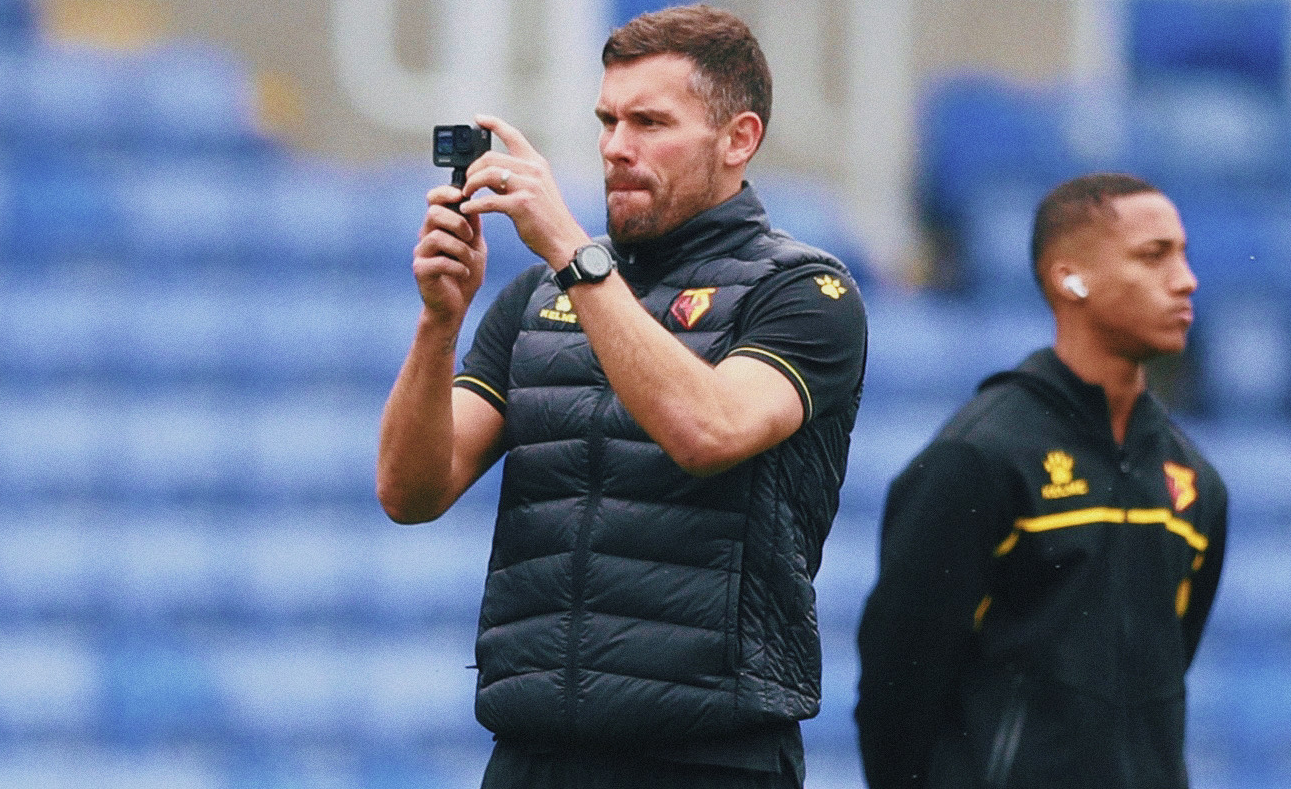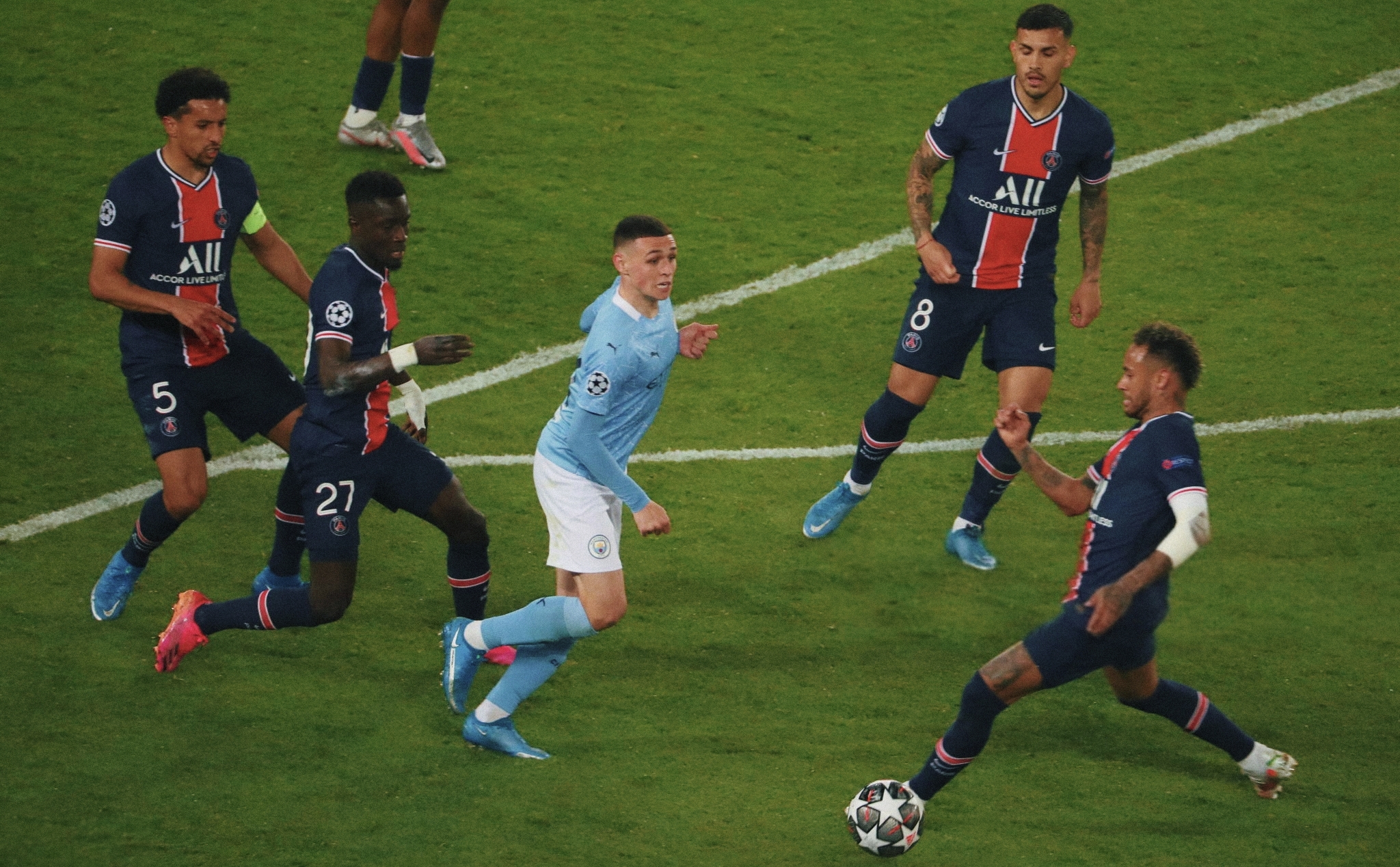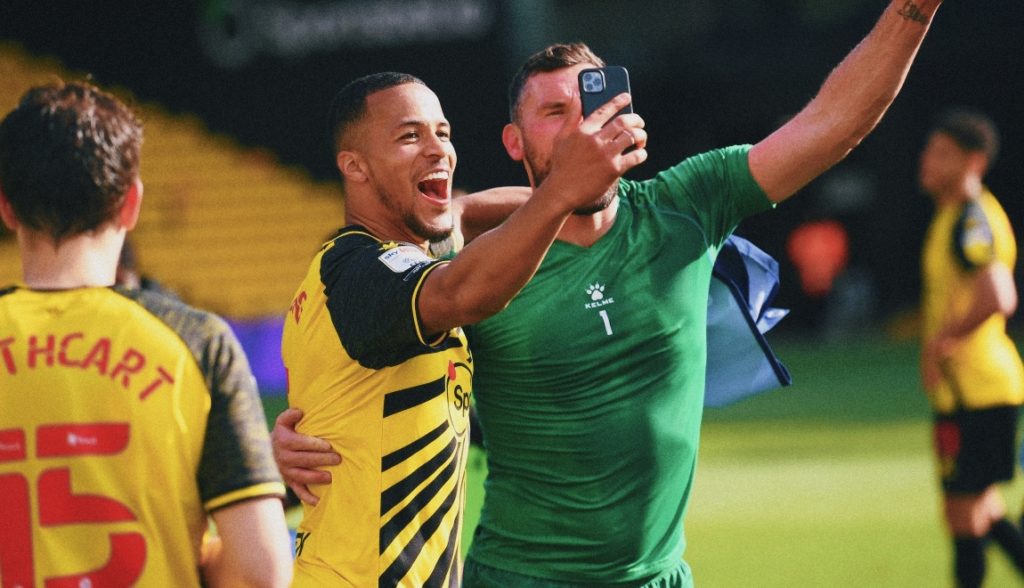Football needs more creators.
We’re not talking about classic number 10s, deep-lying playmakers or wingers who can generate chances off the dribble. We’re talking about players with nothing more than a camera, a social media outlet and a personality; aiming to break the ‘fourth wall’ of modern-day football. The game needs to be humanised and content-creators are pioneering the way, regardless of the stigma that is accompanying their charge.
We’re in the age where you can predict the answers to a post-match interview before the player has begun to speak, footballers’ Instagram captions have transgressed into a collection of meaningless phrases and media opportunities are less about connecting with fans and more about avoiding slipping up. The mounted pressure from a plethora of outside influences simply means that the liberty of the footballers from the past can no longer translate into the modern game. The proclaimed ‘beautiful game’ has increased in quality, but is the beauty still there?
There’s no denying that football is becoming more robotic, from post-match press conferences to ‘entertainers’ becoming a dying breed on the pitch.
But all of this hesitance evaporates when players are given full control. Ben Foster breaking barriers with his matchday vlogs, bridging the gap between fans and footballers by showing a level of relatability that an elite sportsman – on wages unfathomable to the general population – was never believed to possess. One lens and one goalkeeper, enabling millions of fans across the globe to access the game at a level closer than ever before.
William Troost-Ekong, single-handedly making international breaks worthwhile with behind the scenes footage of his Nigeria camps and qualifiers. Jesse Lingard having ‘Vibechester United’ in full effect with his Instagram stories in 17/18. A selection of young ballers taking to TikTok to publish ‘A Day in the Life’ videos. The list goes on.

But just as this newfound freedom is explored, and players begin to express themselves further, it becomes clear why such a practice is so rare. Media outlets looking for a story begin attributing sub-par performances to ventures outside the pitch. The cycle is painstakingly predictable. Whether it’s Ben Foster being scrutinised by the media after every goal conceded, or Jesse Lingard being branded a ‘social media influencer’ rather than a professional footballer who overcame all obstacles to reach the top of his craft.
It’s this same media backlash that has forced players to mechanise their personality outside of the football pitch. Twitter went into frenzy after Phil Foden tweeted ‘Are you ready?’ at Kylian Mbappé before their Champions League semi-final clash last year. Three words managed to build an amount of anticipation that no pre-game build-up could ever manage to emulate. It was a spark of entertainment that encapsulates everything the beautiful game should be about.
Until it was reported that this tweet did not, in fact, come from the Manchester City midfielder but the media company running his account, without the players knowledge. Therefore the tweet was subsequently deleted whilst Pep Guardiola remarked that his players should do their talking ‘on the grass’. As we said previously, the cycle is painstakingly predictable.

However, the cycle is beginning to break. In the age of social media, and with the emergence of content-creators throughout the football space, we’re not only seeing the connection between fans and players being revitalised. We’re seeing it become stronger than ever.
Fans across the globe have more avenues into the game, players are becoming more humanised and media outlets no longer have the power to spew predetermined narratives.
That is why this is so important.
That is why football needs more creators.





